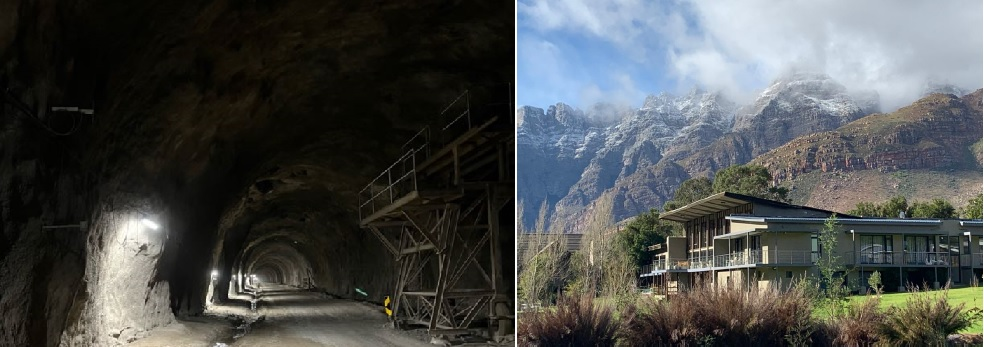Speaker
Description
The CRESST experiment is among the most sensitive direct detection dark matter experiments searching for particles in the sub-GeV region. The experiment is based on crystals operated at cryogenic temperatures. The simultaneous read-out of the total deposited energy by collecting phonons and scintillation light allows the separation of signal and background events. The cryogenic technology will also be used for a new dark matter experiment, COSINUS, located at the Gran Sasso underground laboratory in Italy. COSINUS is designed to gain further information on the long-standing annually modulated signal observed by the DAMA/LIBRA experiment. The DAMA/LIBRA experiment measures the scintillation light from NaI crystals produced by elastic dark matter scattering. The earth’s motion around the sun is expected to generate an annual modulation of the dark matter signal. The COSINUS experiment also uses NaI crystals. However, it operated at cryogenic temperatures. Like CRESST, this allows the separation of signal and background events and provides additional information on the signal observed by DAMA/LIBRA.
The location of a COSINUS-like experiment in the southern hemisphere would provide additional information. A dark-matter-induced dark matter signal would be unchanged, while seasonal changes might influence an environmental-induced signal. We will present the cryogenic technology and discuss the latest results from the CRESST experiment. The status of the COSINUS experiment will be shown. The option of a COSINUS twin experiment on the southern hemisphere, COSINUS-SOUTH, will be discussed. Finally, we will report on ongoing R&D activities measuring dark matter-electron scattering with DANAE, which aims to measure single electrons with a semiconductor readout with the DEPFET scheme.
